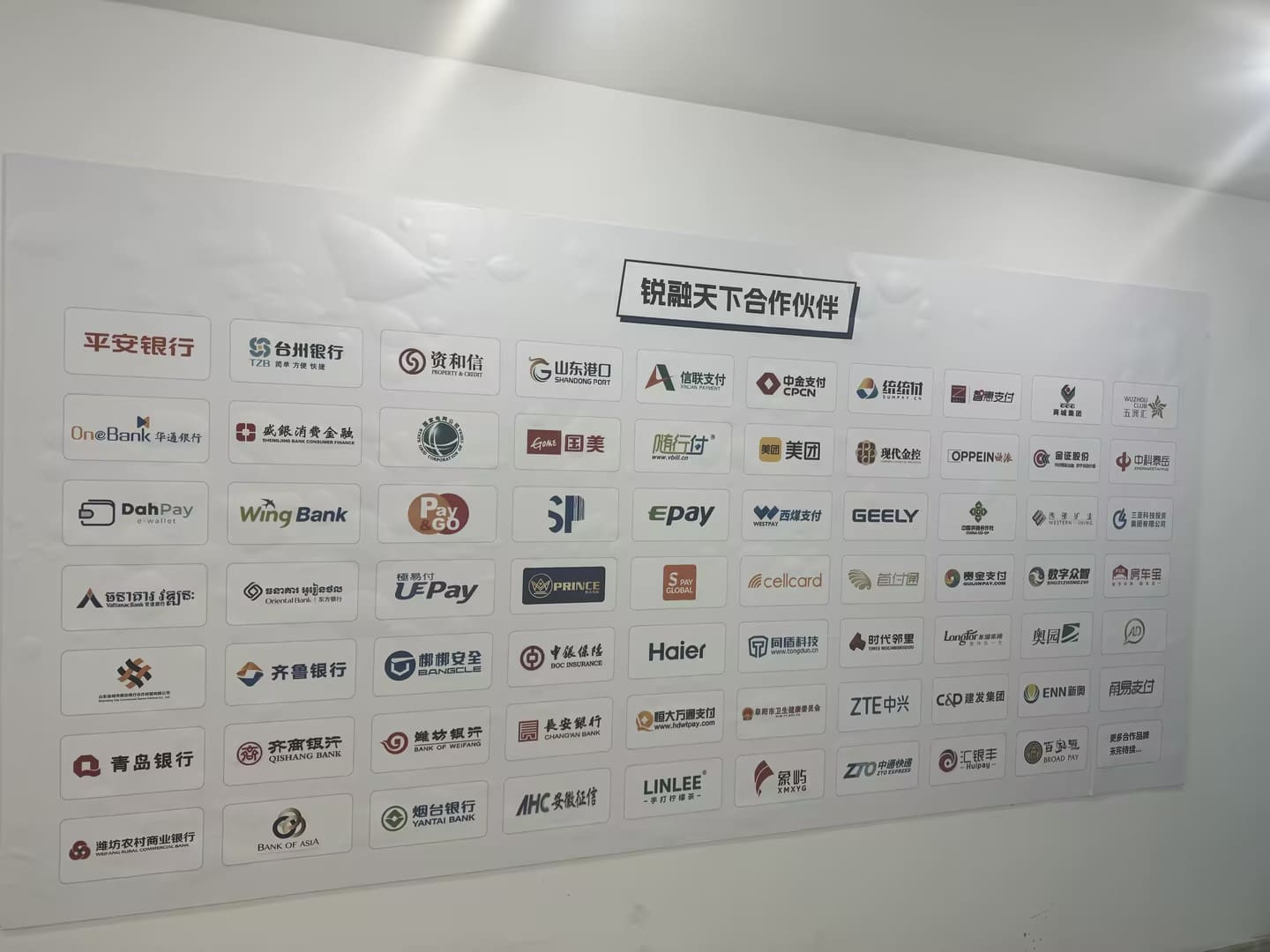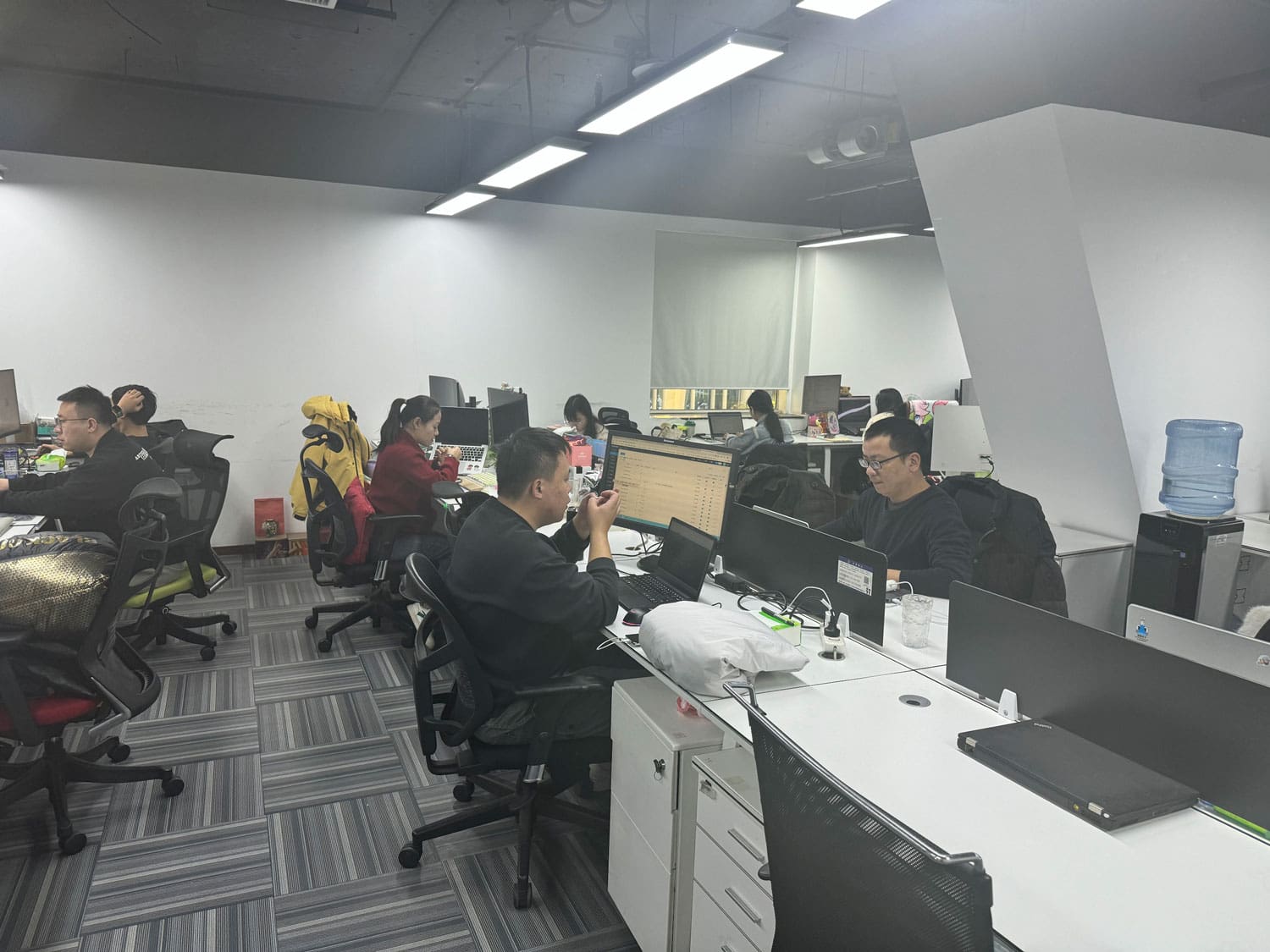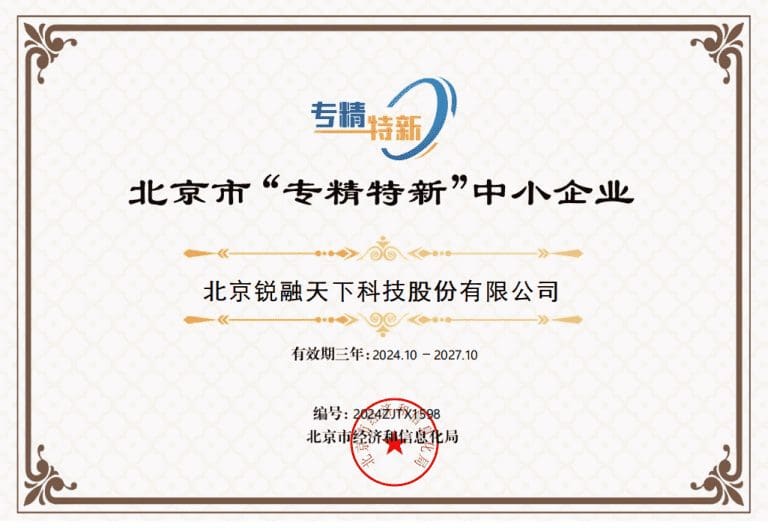Empowering the Unbanked: Revolutionizing Financial Inclusion
In today’s digital era, access to financial services is a fundamental right, yet billions of people around the world are excluded from the formal banking system. This exclusion particularly affects the unbanked population, limiting their economic opportunities and financial security. However, innovative solutions are emerging to bridge this gap and empower the unbanked community.
One such solution gaining traction is the rise of mobile money services. By leveraging the widespread adoption of mobile phones, fintech companies are providing unbanked individuals with a secure platform to store, transfer, and access funds conveniently. This mobile-first approach has proven to be a game-changer in promoting financial inclusion.
Furthermore, blockchain technology is revolutionizing financial services by offering decentralized and transparent systems that can benefit the unbanked population. Through blockchain-based platforms, individuals can access banking services, secure loans, and establish credit histories without traditional banking infrastructure.
The Importance of Financial Literacy
While expanding access to financial services is crucial, empowering the unbanked also requires a focus on financial literacy. Education plays a vital role in enabling individuals to make informed financial decisions, manage their resources effectively, and build a path to financial independence.
Community-driven initiatives and partnerships with local organizations are key to promoting financial literacy among the unbanked. These programs can provide training on basic financial concepts, digital financial tools, and entrepreneurship skills, empowering individuals to take control of their financial futures.
Empowering Women in Financial Inclusion
Gender inequality is a significant barrier to financial inclusion, with women disproportionately affected by limited access to banking services and opportunities for economic advancement. By prioritizing gender-responsive policies and tailored services, we can empower women to participate fully in the financial ecosystem.
Empowering women in financial inclusion not only benefits individuals but also has a ripple effect on families and communities. When women are economically empowered, they invest in education, healthcare, and sustainable livelihoods, driving positive social change and economic growth.
Conclusion
Empowering the unbanked is not just a matter of financial access; it is about creating a more equitable and inclusive society. By leveraging technology, fostering financial literacy, and promoting gender equality, we can unlock the potential of billions of individuals and build a more prosperous future for all.

 Arabic
Arabic Dutch
Dutch French
French German
German Italian
Italian Portuguese
Portuguese Russian
Russian Spanish
Spanish












